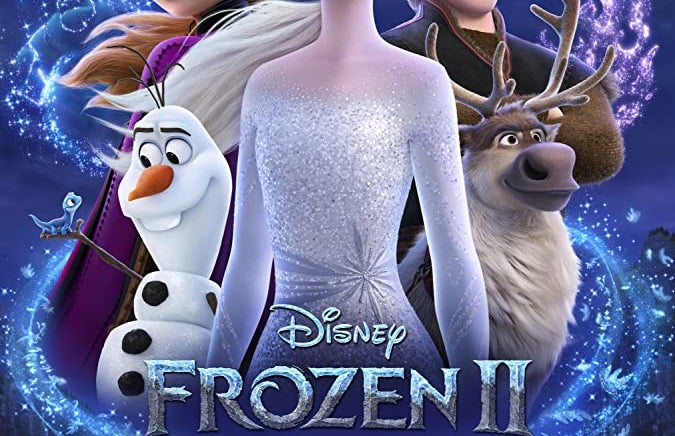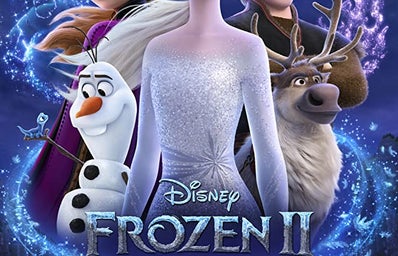From the earliest appearances of princesses in Disney, all of the female protagonists we’ve seen have displayed qualities that heavily reflect traditional gender roles. Nearly all of our princesses exhibit kindness, empathy, beauty, humility, and patience. They are strong because of their personality, and not because of their physical abilities. Their love interests complement them, and they are stronger with their partners than they are alone. Our new princesses, like Merida, Moana, Elsa, and Raya, are praised for being headstrong and independent, as well as their physical strength (whether it is through magical powers, archery skills, or just plain arm-power). While there is nothing wrong with being self-reliant and a powerhouse that has no love interest, it is the criticism of many that Disney is forcing the narrative that it is weak to be gentle, and weak to be in love.
It is no embellishment to say that when little girls are young and developing, all they want is to be seen as strong and tough, and they end up rejecting the idea of traditional attributes that their favorite princesses have. Young and impressionable, these girls have no idea that it is ok to be strong and simultaneously be kind. They see their personality traits as a binary; they think they cannot be independent while also being gentle and sweet. With the emergence of Moana, Merida, and Elsa, there was a great change in the goals and priorities of these princesses. None of the three of them have love interests, and the films rather focus on friendship, the bond between mother and daughter, and sisterly love. There is nothing wrong with this modern approach; it is vital for little girls to see that the bond between them and other women in their lives is one of the most important bonds there is. But it feels as though Disney looks down upon femininity, and encourages only independence and solidarity.
Old Disney is all about finding true love and their princesses were more subdued in character. That is not to say that they didn’t challenge social norms or didn’t have opinions of their own. Belle is one of the only women who can read in her provincial town, and she continues to pursue her hobby despite the town’s rejection of her actions. Ariel is obsessed with the world above, collects lost things that she places in her gigantic treasure trove (which were all forbidden), and even disobeys her father to go to the human world. Jasmine refuses her father’s wishes to marry and enjoys leisure time with her tiger instead of searching for her husband. By the end of each of their respective movies, they’ve fallen in love and fixed their relationships with their families and friends. These women are complex, though many write them off as being lovestruck, vain, and shallow.
In a Twitter post, one user questioned, “Who is the true queen of the sea? Moana or Ariel?”. There was a clear answer for another user, who commented that Moana left her home to save her family, and Ariel only left for a man. It cannot be described how infuriating comments like these are. Just because Ariel left for her happiness does not mean that she is wrong or should be undermined, made fun of, or seen as useless or a brat. People forget that these movies were made in completely different times. Disney these days is progressive and is pushing feminist ideals, with their implementation of princesses without love interests. This is good, however, the balance has been disrupted. While the older movies are captivating and timeless, kids nowadays might grow bored with the dated animation style and would elect to watch something with a more 3-D appearance or with more graphic visuals. So, this could lead to a decrease in old movie viewings. Considering the old movies are the only ones with love interests, all these little girls are seeing are movies where the heroines push the narrative that they don’t need a man to save them.
It is so important to reiterate that femininity is not bad. Needing to be saved is not bad. One can save themselves but also be saved. That is my criticism of today’s movies. As someone who used to feel as though she had to be tough and not “throw like a girl”, these modern movies are damaging to little girls’ perspective of themselves. It is so painful to see little girls grow up with their only idols being Elsa and Moana and not also Belle, Cinderella, or Aurora. A balance is necessary. By nature, humans are complex, and it feels more than ever as if Disney is trying to push young girls into a box and not allow for growth. It is not one or the other, it is both. You have the capacity to be both gentle and strong, to be understanding and compassionate yet unwavering in your opinions and bold in the face of adversity. While I love Moana and Merida as much as the next person, I also do not forget Belle, who, though she could not save herself from the wolves, saved a beast from being cursed for eternity.


